Assessment of Advice in Schlink's The Reader: A Detailed Analysis
VerifiedAdded on 2022/10/05
|5
|942
|156
Essay
AI Summary
This essay provides an in-depth analysis of the advice given by Michael Berg's father in Bernhard Schlink's novel, 'The Reader'. The essay explores the context of the advice within the backdrop of post-World War II Germany and the protagonist's relationship with Hanna Schmidt. It examines the complexities of the advice, its impact on Michael's moral conflict concerning Hanna's secret illiteracy and potential imprisonment. The essay evaluates the advice's effectiveness in resolving Michael's dilemma, highlighting the father's insights into morality, ethics, and philosophical ideologies. Furthermore, the analysis considers the advice in two parts, discussing how the second part provides clarity regarding Michael's course of action and the importance of Hanna's autonomy in her own decisions. The conclusion emphasizes the advice's role in alleviating Michael's guilt and guiding his decision-making process, ultimately contributing to his resolution of the conflict.
1 out of 5
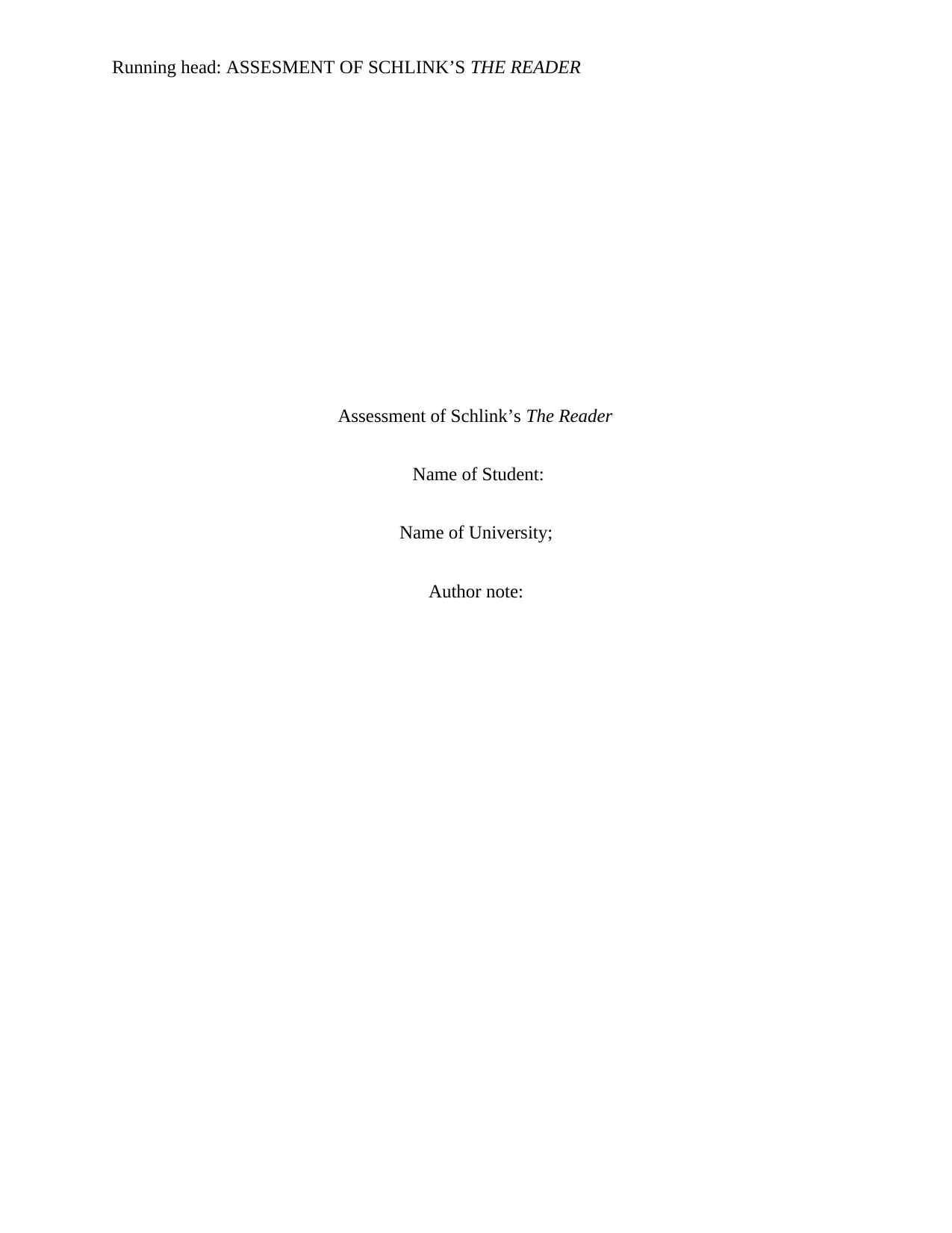
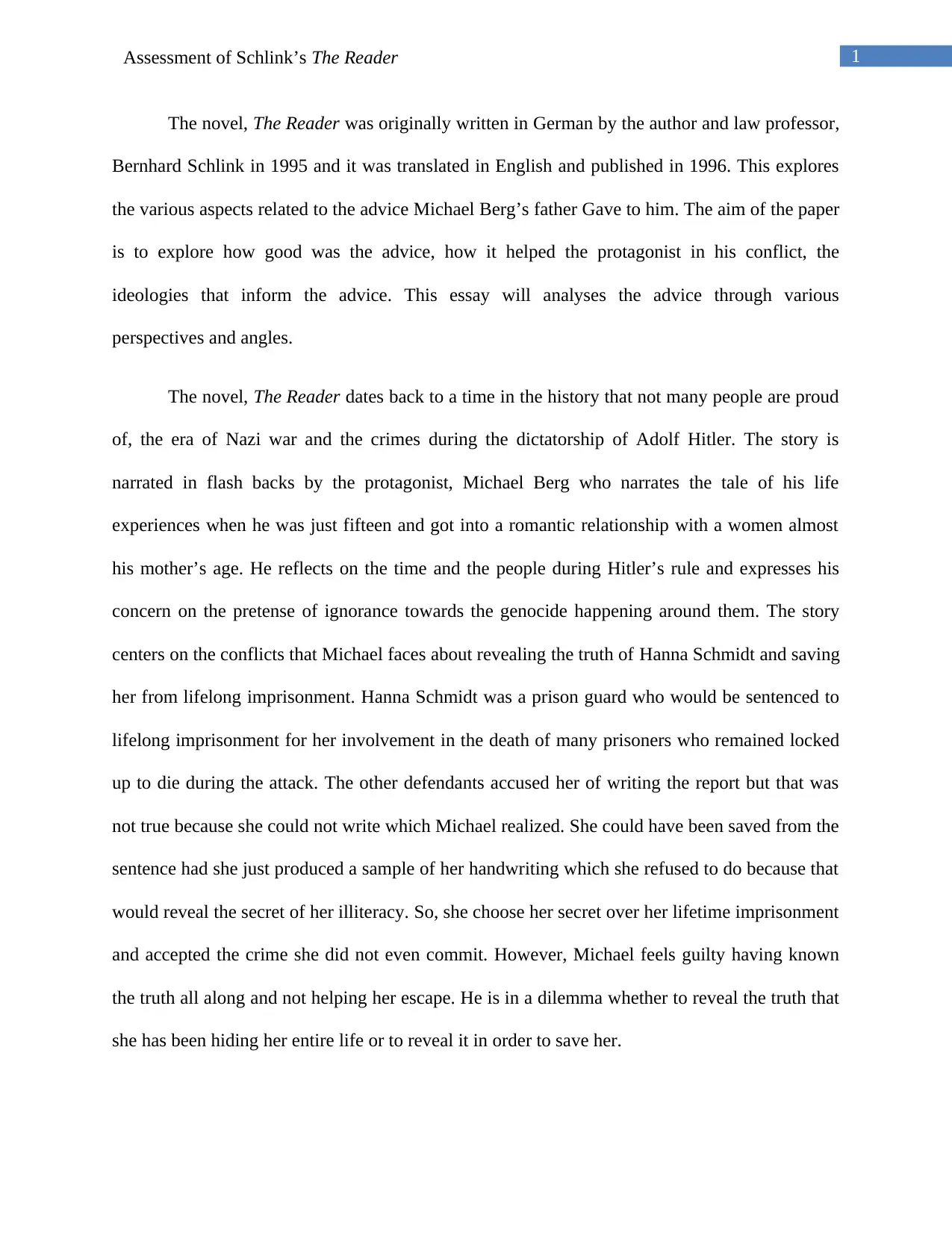
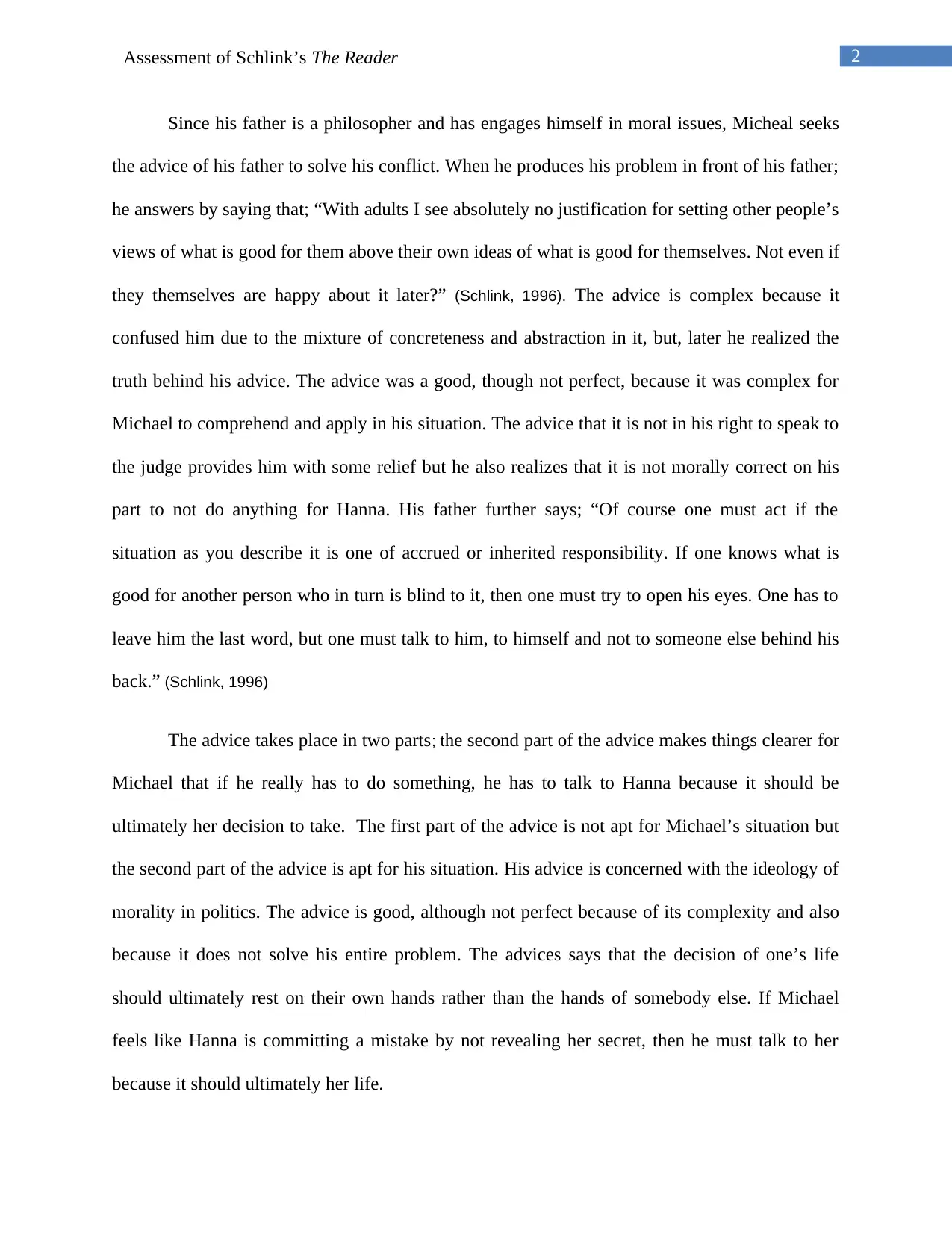

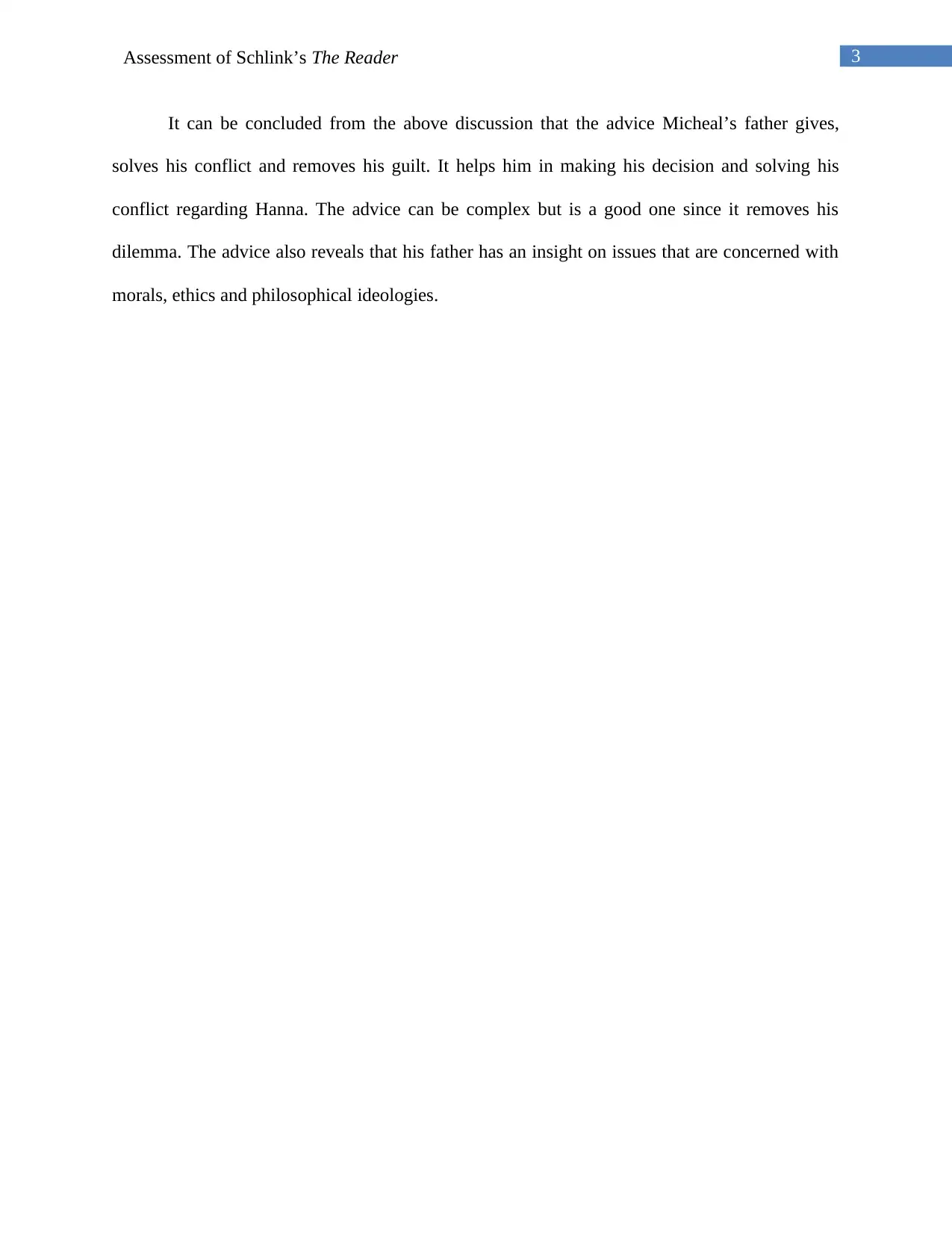
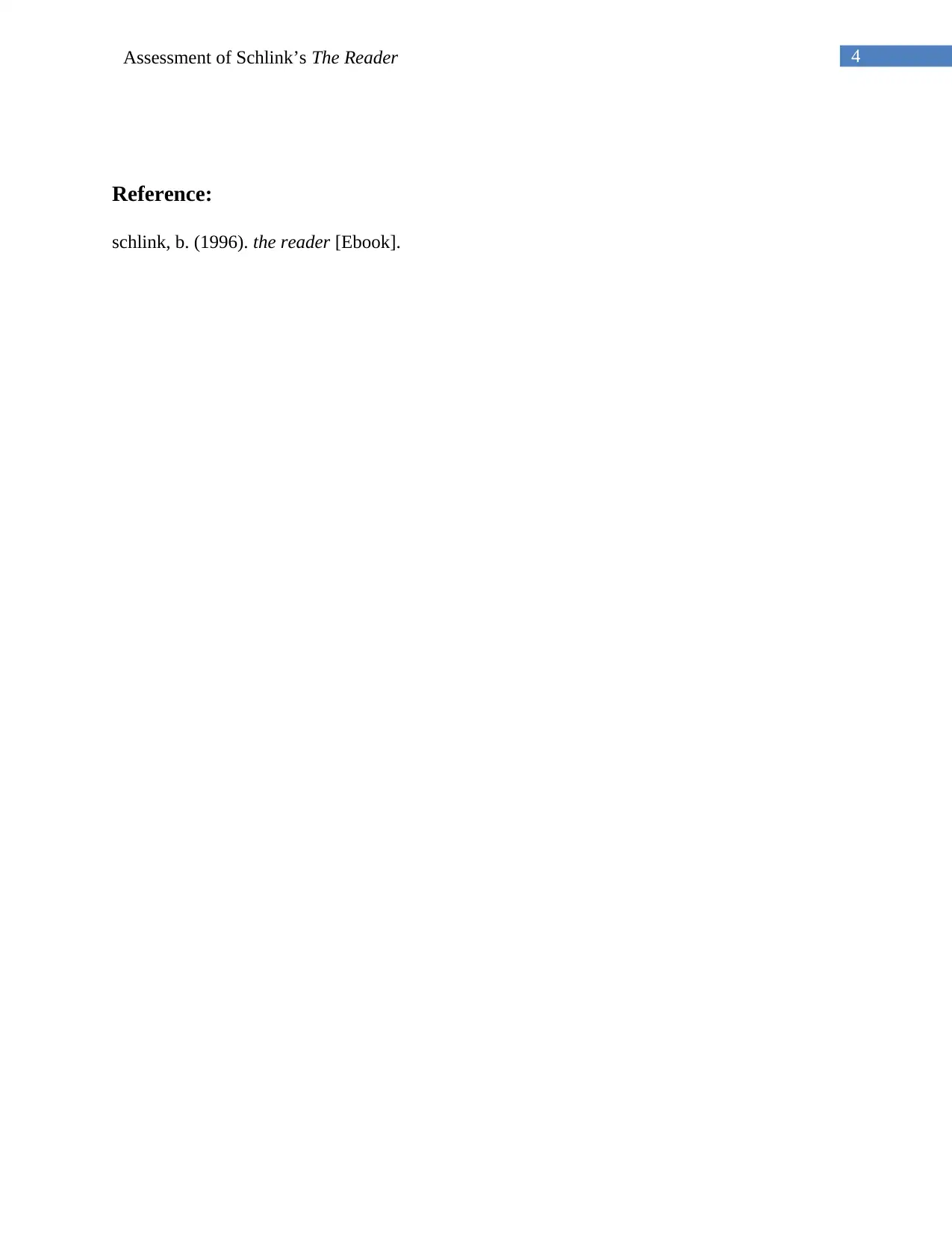
![[object Object]](/_next/static/media/star-bottom.7253800d.svg)